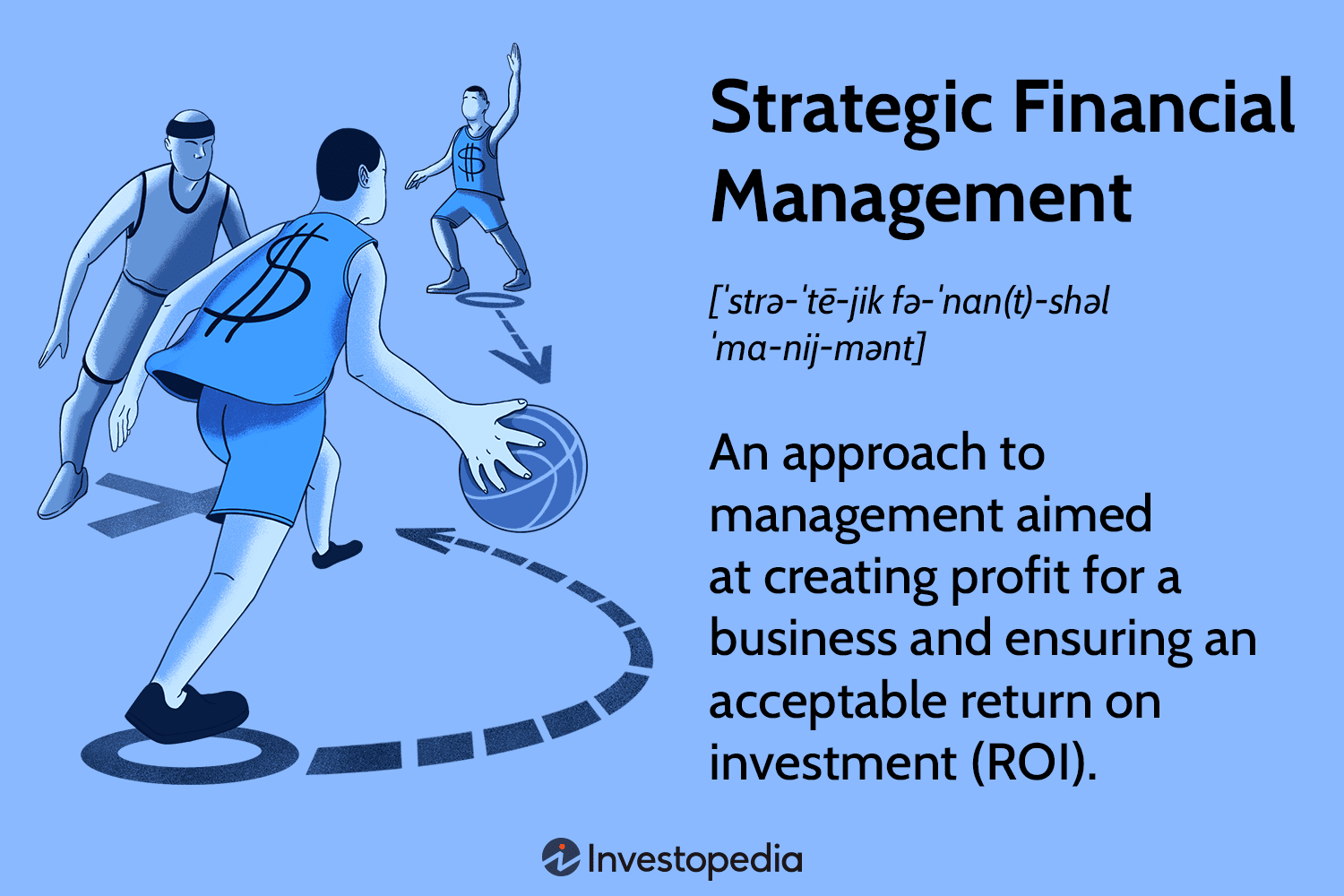In today’s complex economic landscape, businesses are under increasing pressure to balance growth ambitions with financial resilience. Strategic financial management has emerged as a cornerstone of sustainable success, enabling organisations to make informed decisions that optimise profits, control costs, and enhance cash flow. Whether managing a small enterprise or a multinational corporation, understanding how to navigate financial planning with precision can define long-term competitiveness.
Building a Framework for Financial Success
At the heart of effective financial management lies strategic foresight. Business leaders must go beyond day-to-day accounting to embrace forward-thinking planning. This means assessing market risks, forecasting revenue streams, and evaluating investment opportunities. A well-structured financial plan not only ensures liquidity but also creates a foundation for expansion and innovation.
A vital part of this framework includes evaluating where funds are allocated. Businesses should regularly assess whether resources are being directed toward areas that generate measurable returns. This may involve reviewing supplier contracts, improving inventory management, or restructuring debt. The goal is to create a balance between short-term stability and long-term profitability.
Navigating Tax Efficiency and Compliance
One of the most impactful areas of financial management involves understanding how to legally and efficiently manage taxation. Many businesses find that working with specialists who provide guidance on corporate tax planning can make a significant difference in optimising their financial outcomes. By structuring operations and investments strategically, companies can reduce unnecessary tax burdens while remaining fully compliant with legal requirements. Proactive tax strategies also help businesses reinvest savings into innovation, talent development, and sustainable growth initiatives.
Leveraging Technology for Better Decision-Making
Technology has transformed how organisations approach financial management. Automation tools, cloud-based accounting software, and AI-driven analytics allow businesses to gain real-time insight into their performance. These tools streamline reporting, improve accuracy, and enable quick adjustments when markets fluctuate.
For example, predictive analytics can identify patterns in cash flow or flag potential inefficiencies before they become major issues. Similarly, digital dashboards make it easier for executives to visualise financial data and make decisions grounded in evidence rather than assumptions. The companies that adopt these innovations are better equipped to respond to challenges and opportunities alike.
Sustainability and Long-Term Value Creation
Today’s financial strategy must extend beyond immediate profit. Stakeholders, investors, and consumers increasingly value companies that integrate sustainability into their operations. Financial management practices that account for environmental and social impact can lead to stronger reputations and long-term stability.
This approach includes assessing investments not only for their monetary return but also for their alignment with ethical and sustainable principles. Businesses that take this route often find new markets opening up to them, as well as improved relationships with partners and customers who share similar values.
Adapting to Global and Economic Shifts
Economic uncertainty, fluctuating interest rates, and evolving international regulations all demand agility from businesses. Leaders must remain informed about global trends that could influence their financial standing, from currency shifts to trade policy changes. A flexible strategy—one that anticipates volatility and adapts quickly—helps safeguard against unexpected downturns.
Scenario planning is one of the most effective tools in this regard. By developing multiple projections based on varying economic conditions, companies can better prepare for challenges while identifying emerging opportunities. In this sense, financial management becomes a dynamic, ongoing process rather than a static set of yearly plans.
Empowering Leadership through Financial Literacy
Finally, financial management is not just the responsibility of the finance department. Business leaders at all levels benefit from developing financial literacy. Understanding key metrics, such as operating margins, return on investment, and cost of capital, allows leaders to make better operational and strategic choices.
Workshops, internal training, and mentoring can help build this capability across teams, ensuring that decision-making is aligned with the company’s broader financial objectives. When leaders understand the financial implications of their actions, the entire organisation becomes more efficient and resilient.
Conclusion
Strategic financial management is more than a process—it’s a mindset. It enables businesses to align every decision with their long-term goals, balancing profitability with purpose. As markets evolve, those who master this discipline will not only survive but thrive, positioning themselves for sustainable growth in an increasingly competitive world.




